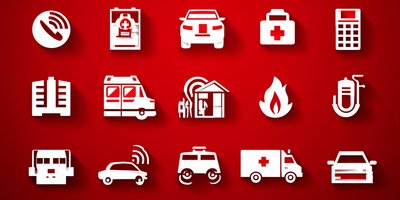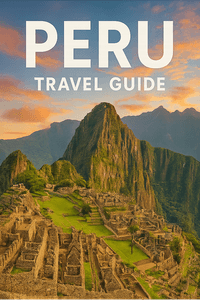Emergency preparedness is crucial when traveling to Peru, especially when visiting iconic sites like Machu Picchu. While Peru is a beautiful country, it is important to be aware of potential emergencies that may arise during your trip.
First and foremost, ensure that you have adequate travel insurance that covers medical emergencies, trip cancellations, and lost belongings. This will provide peace of mind as you explore the Sacred Valley and Cusco.
In the event of a health emergency, Cusco has hospitals and clinics equipped to handle most situations. It is advisable to carry a basic first aid kit with essentials such as band-aids, antiseptic wipes, and any personal medications.
For those hiking the Inca Trail or visiting Machu Picchu, altitude sickness is a common issue due to the high elevation. Symptoms include headaches, nausea, and dizziness. To mitigate these effects, stay hydrated and consider acclimatizing in Cusco for a few days before your trek.
If you encounter any emergencies during your travels, such as natural disasters or accidents, contact local authorities immediately. The Peruvian police and emergency services can be reached by dialing 105.
Additionally, familiarize yourself with local customs and emergency protocols. Knowing how to communicate effectively with locals can be invaluable, especially if language barriers arise.
Keep a list of important contacts, including your hotel, local embassy, and healthcare facilities. This information can be vital in times of crisis.
Lastly, be aware of your surroundings and trust your instincts. If a situation feels unsafe, remove yourself from it and seek assistance. Always keep your belongings secure and be cautious of scams.
By taking these precautions and being informed, you can enjoy your journey through Peru and experience the wonders of Machu Picchu with confidence.






